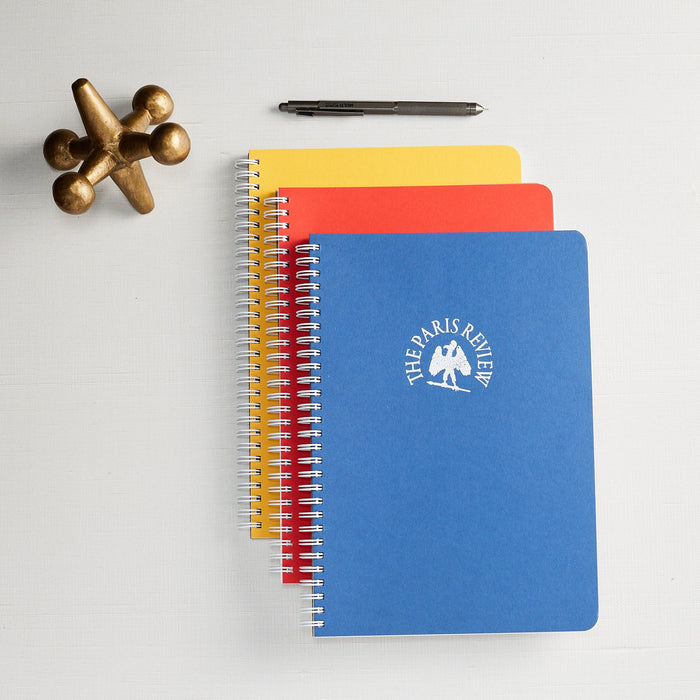All writers experience days when they find it hard to tap into their creative spirit, so it is important to learn how to nurture your creativity and release it into your writing. To tap into your creativity, you need to get into the habit of keeping your eyes and ears open wherever you are. Sometimes it can be the smallest of things that spark off a great idea, so make sure that you are prepared to seize every opportunity.
Keep a notebook and pen handy
Keeping a small notebook and pen handy may sound a little old-fashioned in an age where virtually everything is stored digitally, but there is no better way of keeping a log of everything you see and hear. You might overhear an interesting or highly amusing conversation in your local café, for example, but this moment will soon be forgotten if you don't jot the information down straightaway. It is important to note down anything that you think may make useful writing material for the future. Remember to keep your book by your bedside, too, just in case a good idea comes to mind late at night or first thing in the morning.
Make a scrapbook
Making a scrapbook can be an exciting way of generating ideas, especially on days when you are feeling particularly uncreative. Every time you flick through a magazine or newspaper, keep any pages or photographs that inspire you. You will be pleasantly surprised how even the smallest thing in your scrapbook could one day provide you with the perfect idea for an article or a story.
Keep a diary
It is so easy to forget what you did a month or so ago and how you felt at the time, but keeping a diary will enable you to recapture each critical moment of your life and reproduce those thoughts and feelings at a later date. It can be particularly useful when you are away on holiday in an exotic location, as you can make a note of what things looked, tasted, and smelled like.
Read
Reading is as important as writing when you want to be a creative writer, as every writer has their writing style - reading another person's work can also help to influence the way you see things in life. So, it is important to make plenty of time for reading to help you hone your skills. You could even make a few notes in your notebook when you come across some interesting techniques used by another writer.
Experience new things
New experiences undoubtedly help to nurture your creativity. Take time to go to the theatre, explore an art gallery, or take up a new hobby. You could also meet some inspiring new people who may even end up being characters in one of your future novels.
Recapture your emotions
Failures, setbacks, and the loss of loved ones are not things you will want to dwell on in life, but these experiences will help you to recapture your emotions and enable you to use them in your writing. Real-life experiences will always make your writing more compelling to the reader.
Exercise
Exercise, especially walking, can help to improve creativity. Getting away from your computer screen and going outdoors for exercise will help to clear your mind and stimulate your senses. Regular exercise can increase both divergent and convergent thinking, which are the two components of creative thinking.
Get plenty of sleep
Sleep is crucial for useful brain function, so getting a good night's sleep will make your mind function better and be more open to creative opportunities. If you have trouble getting off to sleep at night, try reading before you turn off the light. Reading can help to prepare the body for sleep by reducing stress and clearing the mind.
Find the best time to write
Some people find it easier to write first thing in the morning, while others find that they are more productive in the evening. It is, therefore, important to find out when your most creative time of the day is so that you can make the best use of your creativity.
Travel
Travel helps to broaden the mind and free the spirit. Immersing yourself in different cultures and sampling new food and drink can spark off an array of creative ideas that can be used in your writing. You may even decide to start writing a travel article or do some research for a book idea while you are away on holiday.
Conclusion
Creativity is a skill that needs to be honed and is the key to successful writing. Once you have collated all your new ideas, you need to apply them to your muse so that you can continue nurturing your creativity. So, make good use of all your life experiences and strive to be as creative as you can!




Leave a comment